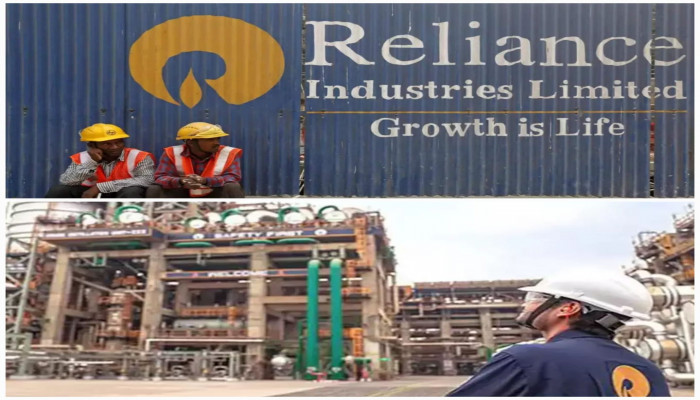Reliance faces setback as government wins gas siphoning appeal
- In Reports
- 08:16 PM, Feb 14, 2025
- Myind Staff
The Delhi High Court has ruled against Reliance Industries Ltd (RIL) in a significant gas dispute, marking a major setback for the company. The Division Bench sided with the Indian government, supporting its allegation that RIL and its foreign partners engaged in “insidious fraud” and benefitted from the “unjust enrichment of over $1.729 billion” by extracting gas from reserves they had no legal right to exploit.
A bench consisting of Justices Rekha Palli and Saurabh Banerjee overturned a May 2022 ruling by a single judge that had dismissed the Petroleum Ministry’s allegations. The bench also declared that the international arbitration award dated July 24, 2018, which had ruled in favour of the RIL-led consortium, was “contrary to public policy” in India. The consortium contains UK-based BP Plc and Canada’s Niko Resources.
The dispute traces back to 2014 when state-owned ONGC accused RIL of drilling wells near the boundary of their respective blocks in the Krishna-Godavari (KG) basin, resulting in gas migration. ONGC alleged that between 2009 and 2013, RIL gained from the movement of gas between the fields. However, RIL, which operates the KG-D6 block with a 60% stake, insisted that its actions complied with the Production Sharing Contract (PSC). BP holds a 30% share in the consortium, while Niko Resources owns the remaining 10%.
The two companies hired the US-based consulting firm DeGolyer and MacNaughton (D&M) to investigate the issue. The firm concluded that RIL’s block development was “capable of depleting (original gas in-place) on the Godavari PML block.”
In 2014, the government demanded $1.47 billion from RIL, accusing the company of extracting and selling gas that had migrated from ONGC’s neighbouring blocks, Godavari PML and KG-DWN-98/2, without authorisation. Since then, the case has been the subject of several judicial and arbitration proceedings.
In July 2018, a three-member tribunal headed by Singapore-based arbitrator Lawrence Boo issued a 2-1 ruling against the government’s claim. The tribunal determined that the production-sharing contract did not prohibit the contractor from extracting and selling gas that had migrated into the contract area from an external source. Later that year, the government challenged the arbitration ruling in the High Court.
In May 2023, the government contested the arbitration ruling, stating that “the award strikes at the heart of public policy and has given a premium to a contractor that has amassed vast wealth by committing an insidious fraud as well as a criminal offence.”
In response, RIL argued that joint development could only be considered if gas reserves existed on both sides. However, the Directorate General of Hydrocarbons (DGH) had concluded that joint development was not technically feasible due to the fields being at different stages of development.







Comments